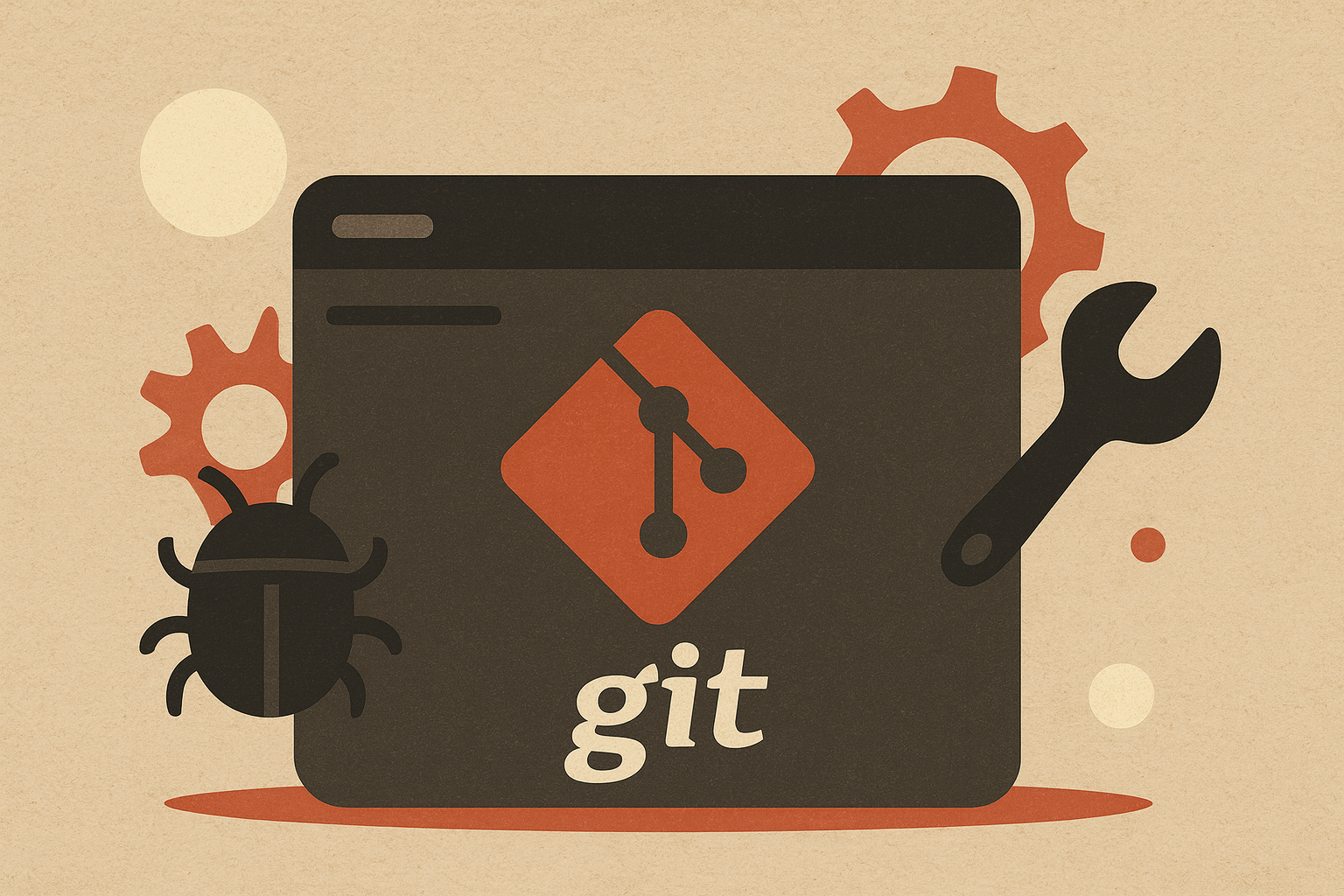The Problem
In Python, you’ll encounter the TypeError: '...' object is not iterable when you try to use a non-iterable object in a context that requires iteration, such as a for loop or an in operator. The '...' part of the error message will specify the type of the object, like int, float, or NoneType.
An iterable is an object that can return its members one at a time. Examples include lists, tuples, dictionaries, and strings. In contrast, single-value objects like numbers (integers, floats) or None are not iterable.
Examples of Error-Prone Code
1. Trying to Iterate Over a Number
A common mistake is trying to use a number directly in a for loop.
# This will raise TypeError: 'int' object is not iterable
for i in 123:
print(i)
The integer 123 is a single value, not a collection of items, so it cannot be iterated over.
2. Function Returns a Non-Iterable Value
This error also occurs if a function returns a single value (like None or a number) when an iterable (like a list) is expected.
def get_data():
# This function returns None if there's no data
return None
# The 'data' variable is None, which is not iterable
# This will raise TypeError: 'NoneType' object is not iterable
data = get_data()
for item in data:
print(item)
How to Fix It
1. Check if the Object is Iterable
When debugging, it’s crucial to check the value of the variable you are trying to iterate over. Use print() or a debugger to inspect it. You might find it’s None or another single value instead of the list or dictionary you were expecting.
A good practice is to design functions to return an empty iterable (e.g., [] or ()) instead of None when there are no results.
def get_data(condition):
if condition:
return ["apple", "banana"]
# Return an empty list instead of None
return []
data = get_data(False)
print(f"Data received: {data}") # Data received: []
# Iterating over an empty list is perfectly fine and won't cause an error.
for item in data:
print(item)
2. Wrap a Single Object in a List or Tuple
If you know you might be dealing with a single item but want to use a for loop, you can wrap it in a list or tuple to make it iterable.
my_variable = 123
# If my_variable is not a list, make it one
if not isinstance(my_variable, list):
my_variable = [my_variable]
for item in my_variable:
print(item)
# Output: 123
3. Use the range() Function for Numbers
If your intention was to iterate over a sequence of numbers, you should use the range() function.
# Iterate from 0 to 4
for i in range(5):
print(i)
# Output: 0, 1, 2, 3, 4
Conclusion
The TypeError: '...' object is not iterable arises from attempting to loop over an object that doesn’t support iteration. To fix this:
- Ensure the variable you are iterating over is an iterable type like a list, tuple, dictionary, or string.
- Design functions to return an empty list (
[]) or tuple instead ofNonefor “no result” cases. - If you need to iterate over a single item, wrap it in a list (
[item]). - To iterate over a sequence of numbers, use the
range()function.
Always being mindful of your variables’ types is key to avoiding this common error.

Leave a comment